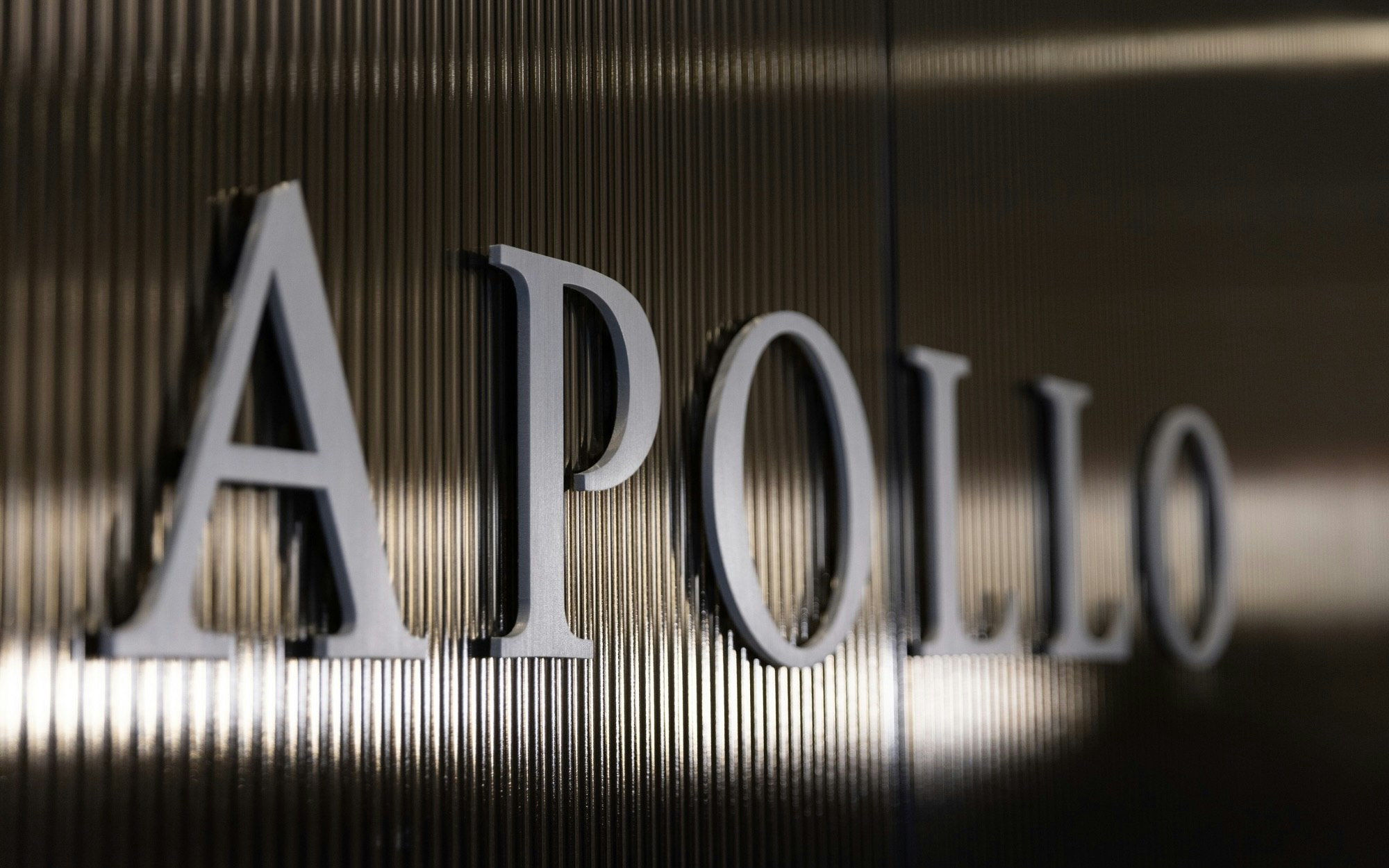Apollo Global Management CEO Marc Rowan sees a fundamental upheaval in the financial industry: Alternative asset managers and traditional asset managers will work more closely together to provide institutional and private investors with better access to non-listed asset classes.
For the fourth quarter, Apollo reported a 15 percent increase in adjusted net profit to $1.36 billion. Nevertheless, the company's stock fell by 2.7 percent on Tuesday.
Rowan predicted that major private equity firms like Apollo will increasingly launch co-branded investment funds or customized managed accounts with traditional asset managers in the future. The goal is to involve investors more in higher-yielding, illiquid assets. "There is a very good synergy between our industry and traditional asset managers, who need to reinvent their business models due to competitive pressure," Rowan said during the quarterly earnings conference call.
He referred to BlackRock's recent acquisitions of the private credit specialist HPS Investment Partners and the infrastructure company Global Infrastructure Partners as a wake-up call for the entire industry. These transactions highlighted the need for traditional investment companies to expand their offerings to include alternative asset classes.
The change is taking place at a time when private capital giants like Apollo, Blackstone, KKR, and Brookfield are increasingly relying on wealthy private investors and pension funds. Forecasts indicate that the industry will manage trillions of US dollars for private investors in the future, in addition to the already existing 13 trillion US dollars in institutional funds.
Traditional asset managers have increasingly relied on unregulated investments in recent years, as these allow for higher fees and offer broader diversification options than public markets. At the same time, traditional equity and bond funds are under price pressure, as investors increasingly prefer index-based and passive investment strategies.
Already last year, Capital Group, one of the world's largest asset managers, in collaboration with KKR, launched two co-branding funds for private investors – a model that could now find more imitators. KKR itself released solid quarterly results on Tuesday, but the stock fell by 8.5 percent, as the growth of assets under management slightly lagged behind expectations.
At the same time, the ties between private equity groups and major banks are intensifying. Since the collapse of Silicon Valley Bank and Credit Suisse in 2023, numerous loan cooperations with financial institutions such as Citigroup and JPMorgan have developed. Private equity firms provide capital for loans arranged by the banks, while the banks acquire stakes in these loans to achieve higher returns.
Apollo increased its loan volume to a record $220 billion last year and now maintains a dozen bank partnerships to expand its financing options. Rowan expects that under the Trump administration, regulatory hurdles for banks will be relaxed, which could strengthen their competitiveness in the lending business. "Banks will once again be stronger competitors in direct lending or in part of our private credit business," said Rowan. He also expects "a massive consolidation of regional banks" in the coming years.





